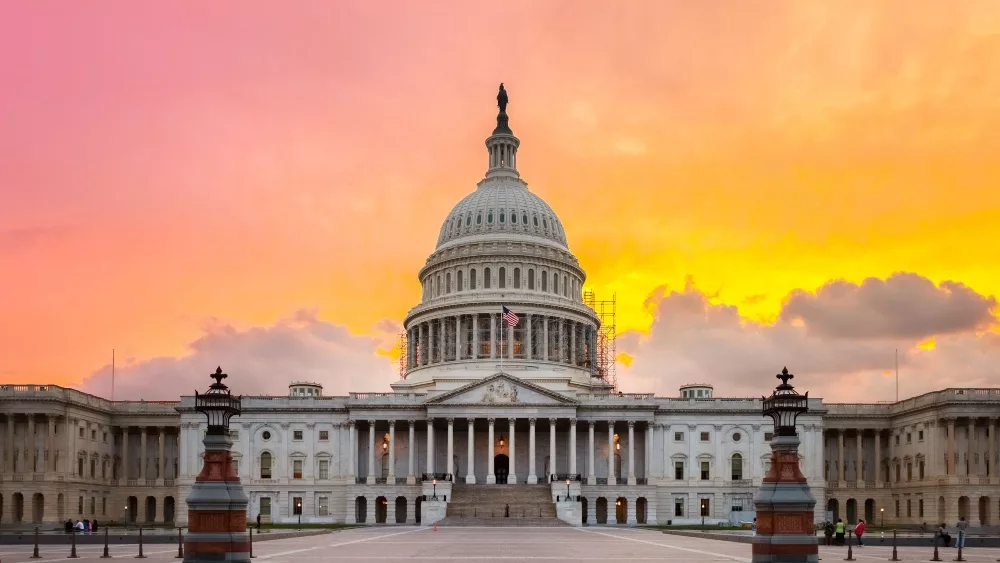
A bipartisan group of U.S. senators introduced the highly anticipated NO FAKES Act on Wednesday (July 31), which aims to protect artists and others from AI deepfakes and other nonconsensual replicas of their voices, images and likenesses. Led by Sen. Chris Coons of Delaware, the senators introduced a revised version Wednesday of the No Fakes Act, which would make it illegal to create an AI replica of someone without their consent.
Unlike many existing state-law systems, the NO FAKES Act would create would not expire at death and could be controlled by a person’s heirs for 70 years after their passing. To balance personal publicity rights and the First Amendment right to free speech, the NO FAKES Act also includes specific carveouts for replicas used in news coverage, parody, historical works or criticism. The advance of artificial intelligence — and high-profile controversies involving Taylor Swift, Joe Biden, Scarlett Johansson, and most recently, Kamala Harris — have spurred renewed interest in both state and federal legislation.
The entertainment industry has united in support of the bill to outlaw digital deepfakes and create the first-ever federal right to one’s voice and likeness. If passed, the legislation would create federal intellectual property protections for the so-called right of publicity for the first time, which restricts how someone’s name, image, likeness and voice can be used without consent. Currently, such rights are only protected at the state level, leading to a patchwork of different rules across the country.
The bill has the support of SAG-AFTRA, Disney, the Motion Picture Association — which represents six major studios — as well as the Recording Industry Association of America, the Recording Academy, and the major music labels and talent agencies. Fran Drescher, the president of SAG-AFTRA, in a statement: “Game over A.I. fraudsters! Enshrining protections against unauthorized digital replicas as a federal intellectual property right will keep us all protected in this brave new world. Especially for performers whose livelihoods depend on their likeness and brand, this step forward is a huge win!”
In addition, the Motion Picture Association (MPA) has also come out in its support of the bill, with Charles Rivkin, Chairman and CEO of MPA, sharing in a statement: “The Motion Picture Association thanks Senators Coons, Blackburn, Klobuchar, and Tillis for their work on the NO FAKES Act. We support protecting performers from generative AI abuse – and this bill thoughtfully establishes federal protections against harmful uses of digital replicas, while respecting First Amendment rights and creative freedoms. We particularly appreciate the sponsors’ inclusion of safeguards intended to prevent the chilling of constitutionally protected speech such as biopics, docudramas, parody and satire – which will be necessary for any new law to be durable. The MPA looks forward to working closely with the bill’s sponsors as the NO FAKES Act makes its way into law.”
Editorial credit: Pozdeyev Vitaly / Shutterstock.com






